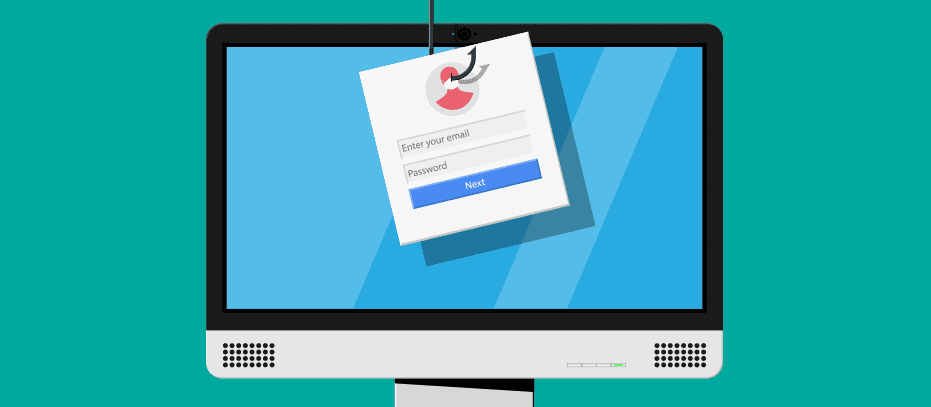How many emails have you recently received claiming to be from trusted sources you regularly use such as that high street well-known postal service, and the well-known online marketplace to mention just a few. Phishing emails come in all shapes and sizes and they are getting all the more sophisticated, which means it is getting increasingly more difficult to spot the difference between the fake and real ones.
How to keep yourself safe from scammers and fraudsters
Never open any emails from sellers or businesses that you were not expecting. If you are not expecting a parcel from that well known delivery company then why are you even opening up that email. Look at the sender, check the information in the header of the email, valuing security and safety when looking at your emails early on before you open any suspicious-looking emails will stop you from falling foul of scammers. It’s very important: Before you open any email check who it is from!
Here are 7 reasons email phishing is more dangerous than you know
1. They work. Phishing emails get results for the scammers. So, while people are clicking the emails the scammers will keep sending them and they will be even more believable, credible, and sophisticated – making them incredibly dangerous to both individuals and businesses alike.
2. A False Sense of Security. The emails are so well put together that they lure you into a false sense of security which ultimately leads you to let your guard down and falling foul to scammers.
3. Often linked to other crimes. Unfortunately collecting your data from a phishing email is quite often only part of the bigger plan. Fraudsters and scammers quickly sell information and data they have on you, which means within a short time you could be being targeted through more channels than just email.
4. They don’t discriminate. Any email user of any age is targeted. From college students to pensioners. Nobody is crossed off the scammer’s list except the scammers themselves.
5. Highly effective. Phishing emails get great results for scammers, for example, they insist you must open an email attachment to look at an invoice that has not been paid. You often buy things from the site the email (appears to) come from, so you open the email, and bang, you have been caught out.
6. Brands get tarnished. If you have been caught out by a phishing email from a seemingly trustworthy brand you feel disappointed.No longer wishing to purchase from the brand again. Even though the brand was not involved in the scam, their name and reputation have been tarnished beyond retrieval in the click of an email.
7. Email phishing is sophisticated. The bait emails cannot be picked up by security software and lots of email providers meaning you will still get these not so lovely phishing emails popping up your email inbox at least once a day. The malware or data capture that comes attached within the email can do lots of damage to both your computer and any sensitive information you store on your computer. From bank details to addresses and pin numbers. If you are unlucky enough to fall foul of these emails and accidentally open one then you will have some serious work ahead of you to make sure everything you thought was safe is once again safe.
The best preventative step you can take to avoid falling foul to phishing emails is to not open emails that make you second guess who they are from and what they contain. Legitimate businesses never use free email addresses such as customercare123 at gmail.com, so be always aware of where the email is coming from.
If you do unfortunately fall foul of a phishing scam then you need to inform your banks and service providers as soon as possible. Changing your pins and access codes and informing companies that you have been a victim of fraud will help you protect yourself going forward.
Online it is super important to be as protective and secure as you are in your everyday life, never share anything online that you wouldn’t share offline. It is important to protect any data or information you keep on your computer safe, so regularly change your pin numbers and access codes. Also if you don’t have anti-virus or malware software installed on your computer/laptop or device it would be wise to invest in some as soon as you can, read reviews and recommendations to get the right protection package that covers all of your needs.
